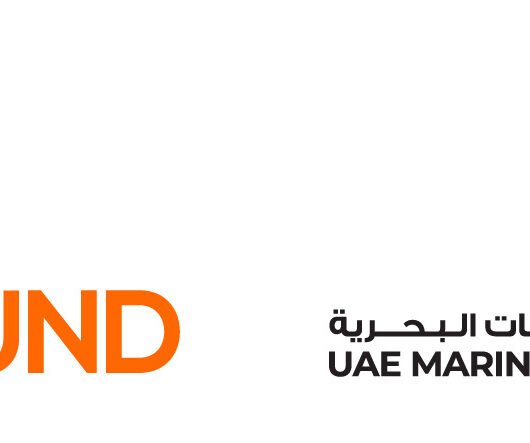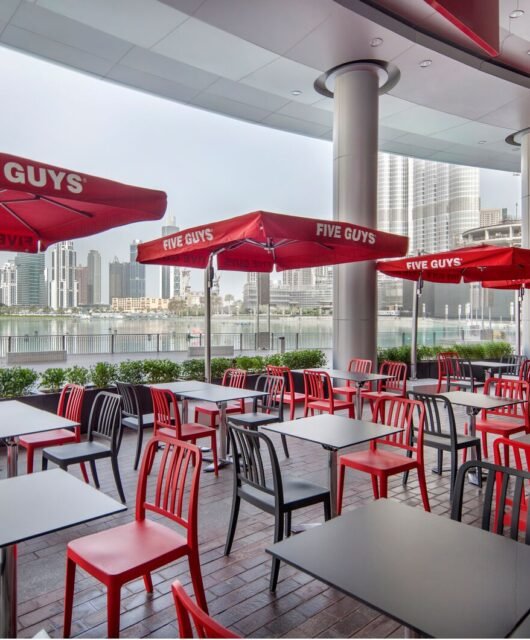However, spend on OHH and cinema will continue to rise in 2023, when the combined ad market will reach a record high of $47.1bn
24 February 2022 – A new WARC analysis comparing global ad spend with the latest citizens mobility data reveals that the recovery of investment in out-of-home and cinema is outpacing the return of consumer activity to pre-pandemic levels. These findings are published today by WARC, the international marketing intelligence service, as part of its WARC Data Premium offer.

As consumers worldwide steadily return to offices, restaurants and physical retail stores, WARC investigated the health of the advertising experienced by consumers when they leave their homes – channels like out-of-home and cinema media. We’ve dubbed this the ‘IRL [in real life] ad economy’. This definition only includes paid media, and may benefit from further analysis of sponsorship, events and in-store activity.
|
WARC Data compared global OOH and cinema ad spend with The Economist’s ‘normalcy index’, tracking public activity across transport, recreation, retailing and work. WARC’s forecast shows that IRL ad spend worldwide will reach $44.4bn in 2022, a shortfall of $0.7bn on the $45.1bn spent in 2019, but nonetheless tracking ahead of consumer activity levels. The recovery will continue into 2023, when the IRL ad market will reach a new high of $47.1bn. |

Worldwide OOH ad investment to increase 16.5% year-on-year in Q1 2022
Few parts of the media industry saw fortunes fluctuate during the pandemic to quite the extent as experienced in out-of-home. OOH media owners are beginning to claw back some of the ad investment lost during the pandemic. A 16.5% year-on-year increase is forecast for Q1 2022, reaching $10.9bn globally, with growth slipping back to 11.0% in Q1 2023.
However, the recovery from COVID-19 may only be completed in 2023. Out of a dozen major markets analysed by WARC Data, only Australia (+1.5%) and the United States (+0.9%) can expect OOH ad spend in 2022 to match or better total annual ad revenues from 2019. The OOH spend slump is most pronounced in India (-42.1%) and Brazil (-27.4%), while investment in Italy is forecast to be 21.0% down on pre-COVID levels.
|
Rising OOH media costs represent a further cause for concern for brands. Global inflation in the channel hit 9.4% in 2021, and is forecast to reach 4.6% in 2022, as advertiser demand increases and the costs of running digital signage increase in light of rising energy prices. |

China’s cinema ad market soars to $1.1bn, up 10.4% on pre-COVID annual revenues
Box office hits like Spider-Man: No Way Home suggest COVID-19 has not extinguished the enduring appeal of an outing to movie theatres. Nevertheless, these remain tricky times for cinema media owners. Annual global ad spend on cinema will reach $3.4bn in 2022, some way short of the peak of $3.8bn in 2019. At a market level, the US cinema ad sales hit only $301.5m in 2021, 60.3% lower than total revenues in 2019.
|
The great exception to cinema’s global struggles is the significant increase in ad spend seen in China. Tellingly, two of the three highest-grossing films of 2021 worldwide were Chinese productions (The Battle at Lake Changjin II: Water Gate Bridge and Hi, Mom). The popularity of local content is reflected in a buoyant Chinese cinema ad market, which reached CNY7.0bn ($1.1bn) in 2021, up 10.4% on pre-COVID revenues. |

Alex Brownsell, Head of Content, WARC Media, and author of the report, says: “Consumers live increasingly digital lives. People are more likely to work from home and shop online. Brands are preparing for a future dominated by virtual interactions in the metaverse. However, it’s vital that marketers do not neglect those all-important physical moments between our digital experiences.
“WARC’s analysis of the IRL ad economy shows that brands understand the role that channels like OOH and cinema play in the media mix, and that they are investing ahead of activities such as commuting, in-person socialising and in-store shopping returning to pre-pandemic levels.”
Other latest Market Intel
Americas
- Linear TV sees smaller audiences but higher consumption
- 59% of urban Mexicans follow influencers on social media
- Half of Canadians prefer in-store shopping
Asia Pacific
- Consumers in APAC planning longer holidays this year
- 56% of Japanese consumers prefer in-store shopping
- Facebook user growth in the region slows significantly
Europe, Middle East and Africa
- 44% of French consumers say they prefer in-store shopping
- A third of UK retail sales were online in 2021
- German linear TV consumption rises 9%, reach drops 4%
A sample report of WARC’s Global Ad Trends: The IRL Economy is available for all. WARC Data subscribers can read the report in full.
Global Ad Trends is a bi-monthly report which draws on WARC’s dataset of advertising and media intelligence to take a holistic view on current industry developments. It is part of WARC Data Premium, an enhanced dedicated independent and objective one-stop online subscription service which rigorously harmonises, aggregates, verifies and evaluates data from over 100 reputable source, empowering media decision makers to build strategies with precision.





